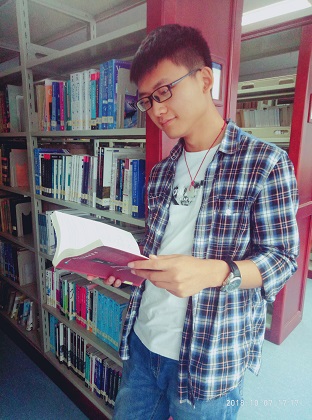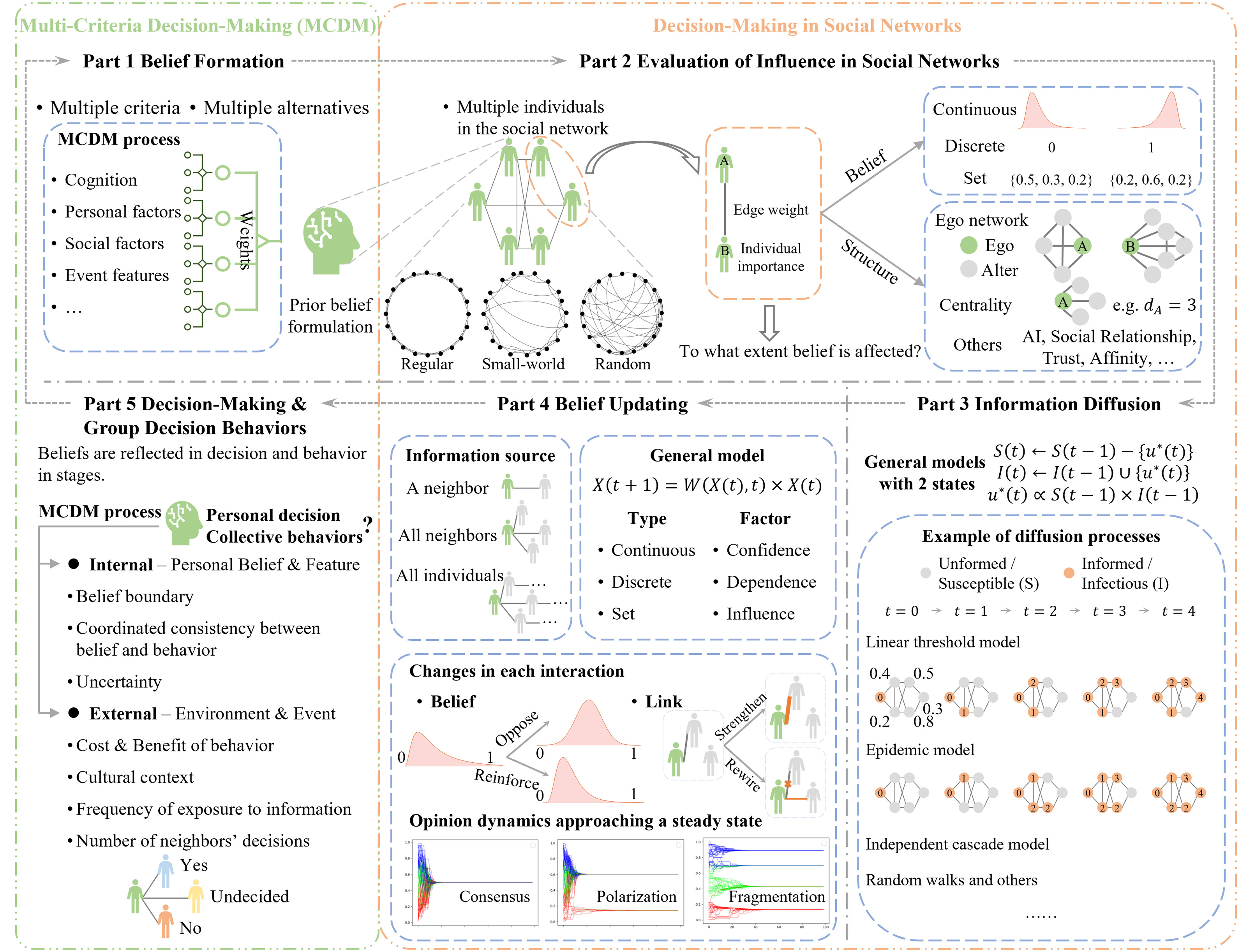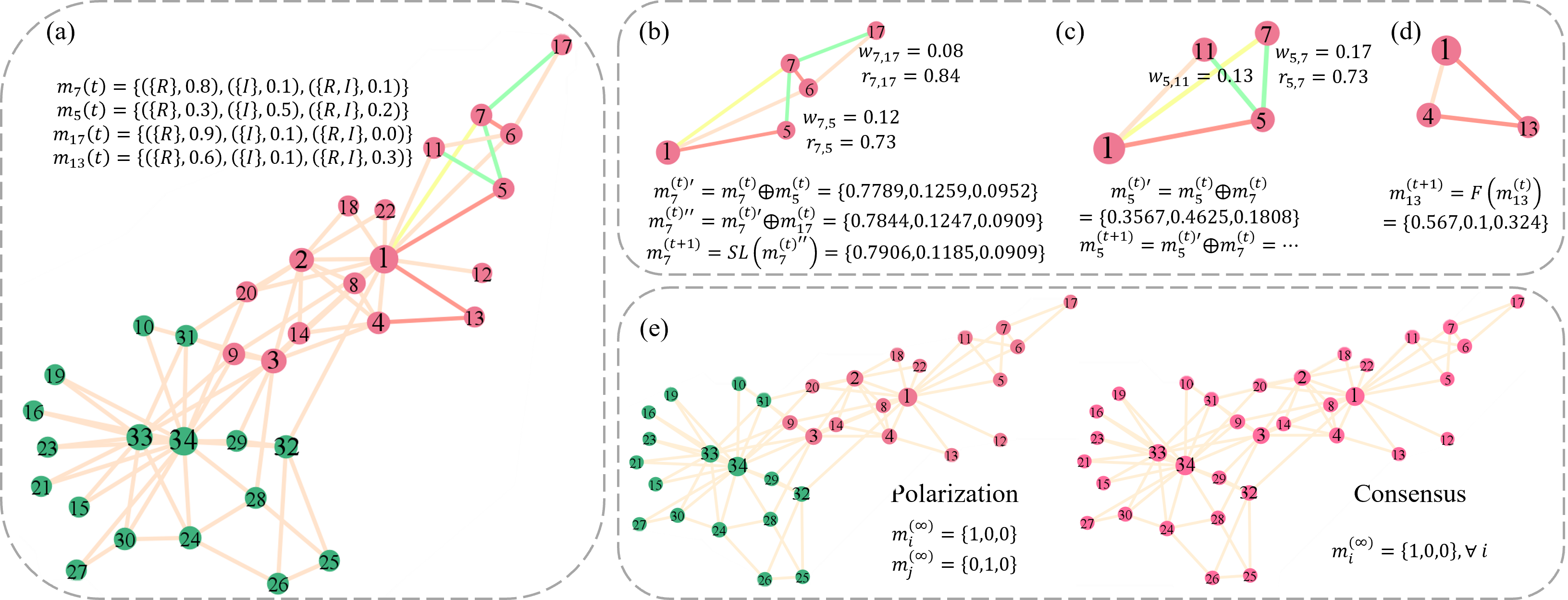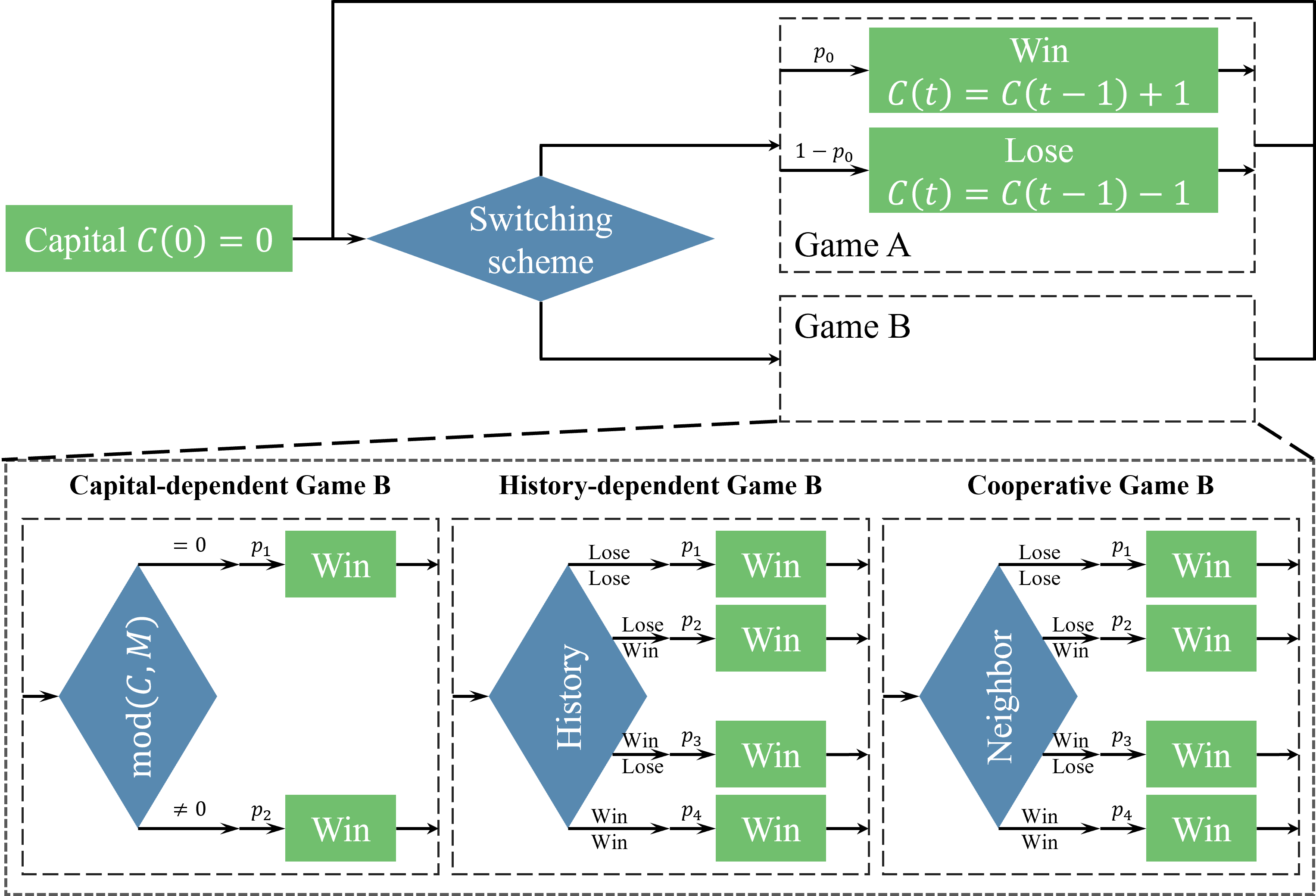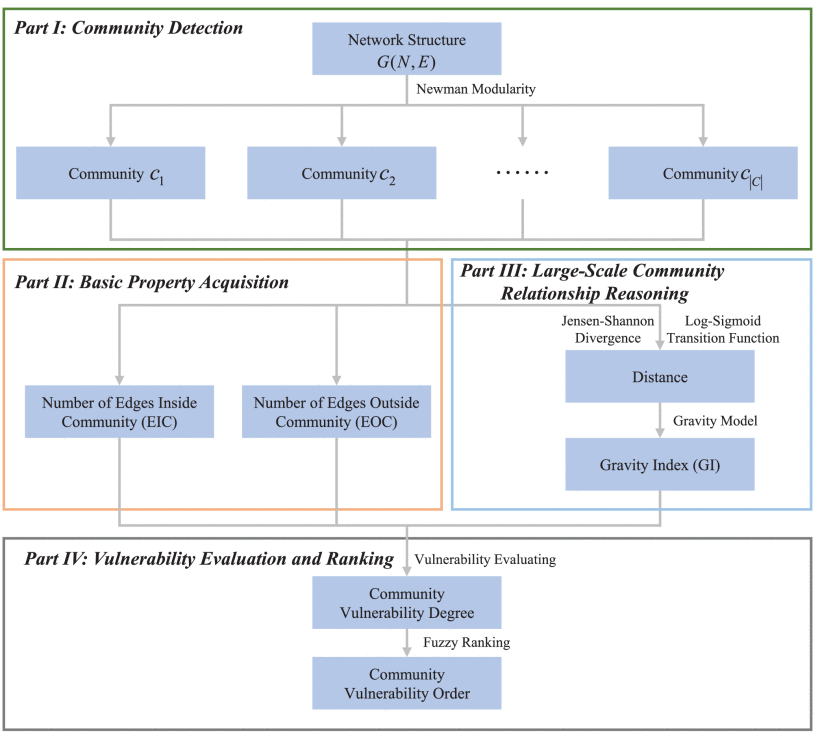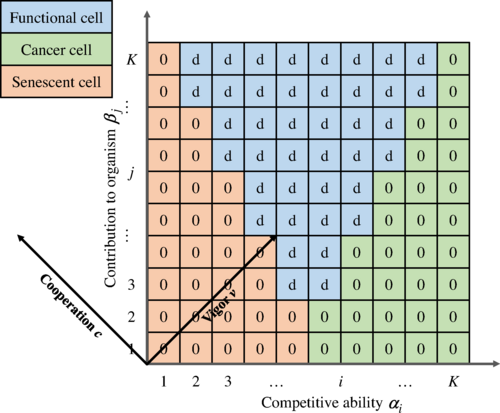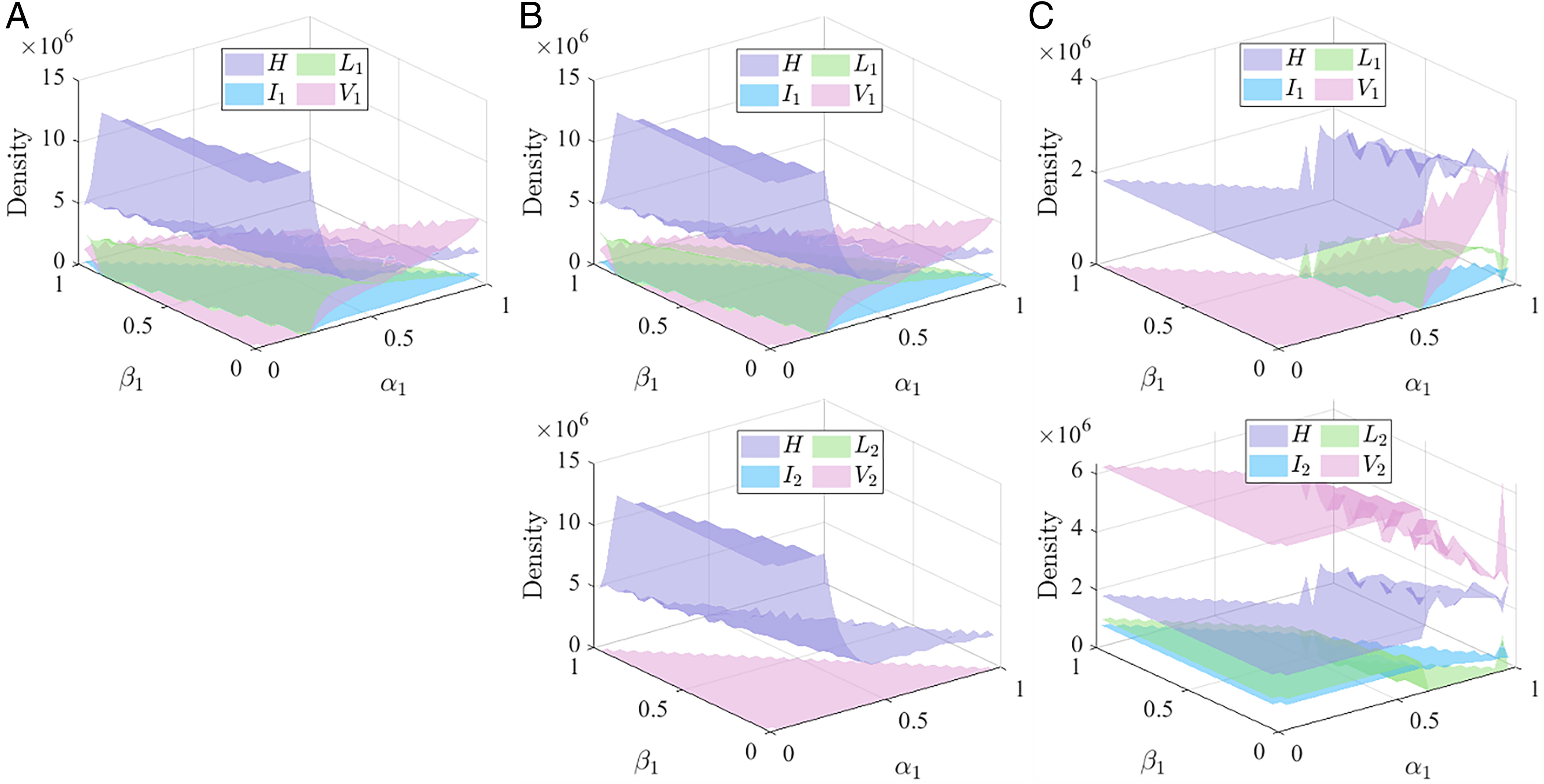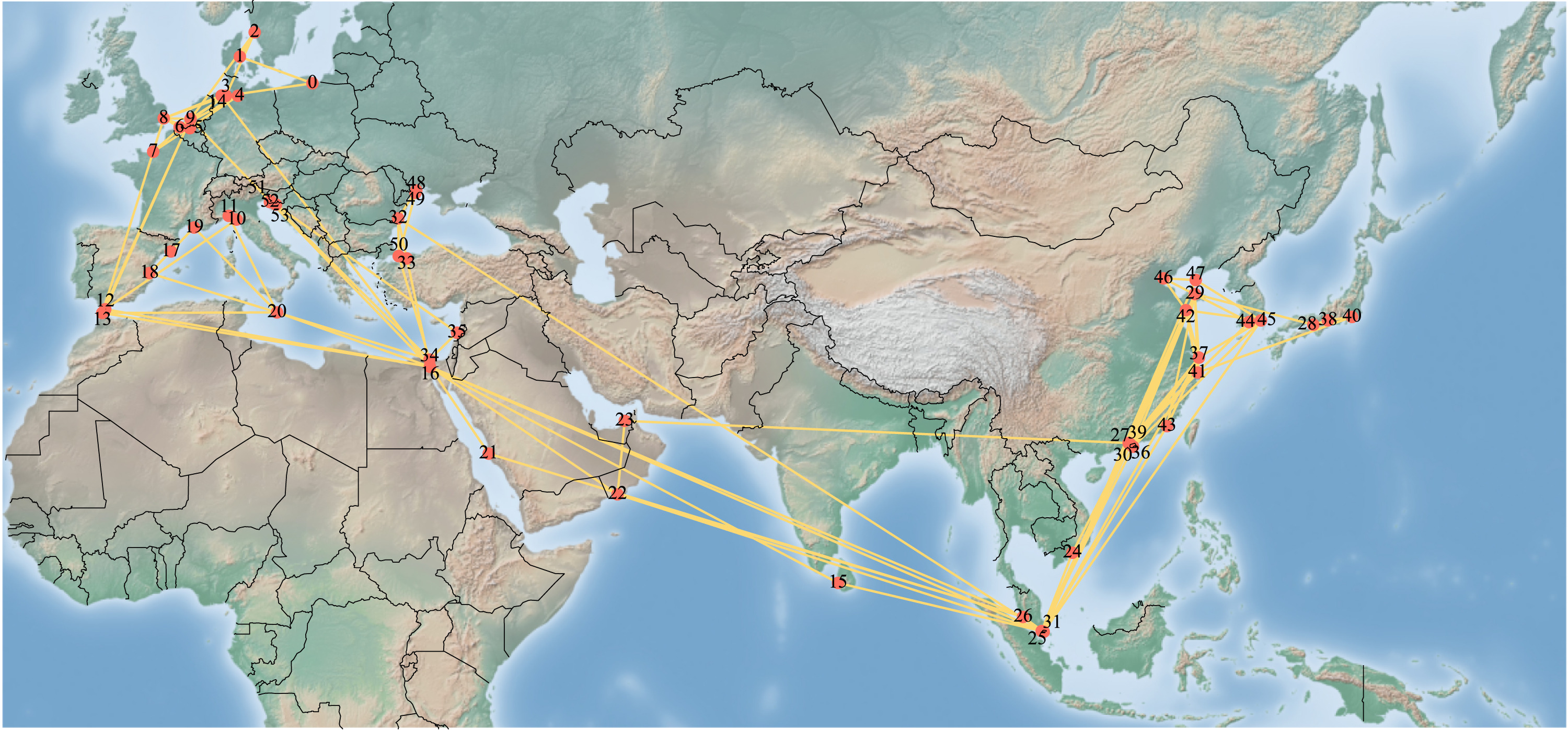Tao Wen
I am currently a ESRC funded Data Analytics and Society Ph.D. student in the Alliance Manchester Business School at The University of Manchester, Manchester, UK. I am very fortunate to be advised by Prof. Yu-wang Chen, Associate Prof. Tahir Abbas Syed, and industrial advisor, Dr. Darminder Ghataoura. My research interests are broadly in the intersection of network science, decision analytics, data analytics, Parrondo’s paradox, and nonlinear dynamics.
You can find my CV here.
News
- 12/2024. Paper has been accepted by European Journal of Operational Research.
- 10/2024. Paper has been accepted by Journal of the Royal Society Interface.
- 06/2024. Paper has been accepted by Physics of Life Reviews.
- 03/2024. Paper has been accepted by IEEE Transactions on Emerging Topics in Computational Intelligence.
- 03/2024. I received Turing Scheme Fellowship to visit Prof. Yong-Yeol Ahn lab.
- 05/2023. I am delighted to join the 2023 Enrichment Scheme at The Alan Turing Institute.
- 09/2022. I received Turing Exchange Fellowship to visit Prof. Renaud Lambiotte lab.
- 05/2022. Paper has been accepted by Physical Review Letters.
- 03/2022. Paper has been accepted by Proceedings of the National Academy of Sciences.
- 10/2021. Paper has been accepted by IEEE Transactions on Cybernetics.
- 11/2019. Our project ‘Analysis of Fractal Characteristics of Complex Networks and Its Application’ won the Special First Price in ‘The Challenge Cup’. [Award List]
Featured Publications
See the full list in Google Scholar.
Formulating opinion dynamics from belief formation, diffusion and updating in social network group decision-making: Towards developing a holistic framework
Tao Wen, Rui Zheng, Ting Wu, Zeyi Liu, Mi Zhou, Tahir Abbas Syed, Darminder Ghataoura, Yu-wang Chen
European Journal of Operational Research, 2025
Contact
Address: Room 3.128, Alliance Manchester Business School, Booth Street West, Manchester M15 6PB.
Email: taaowen@gmail.com
WeChat: Scan Me
Twitter: DM Me
